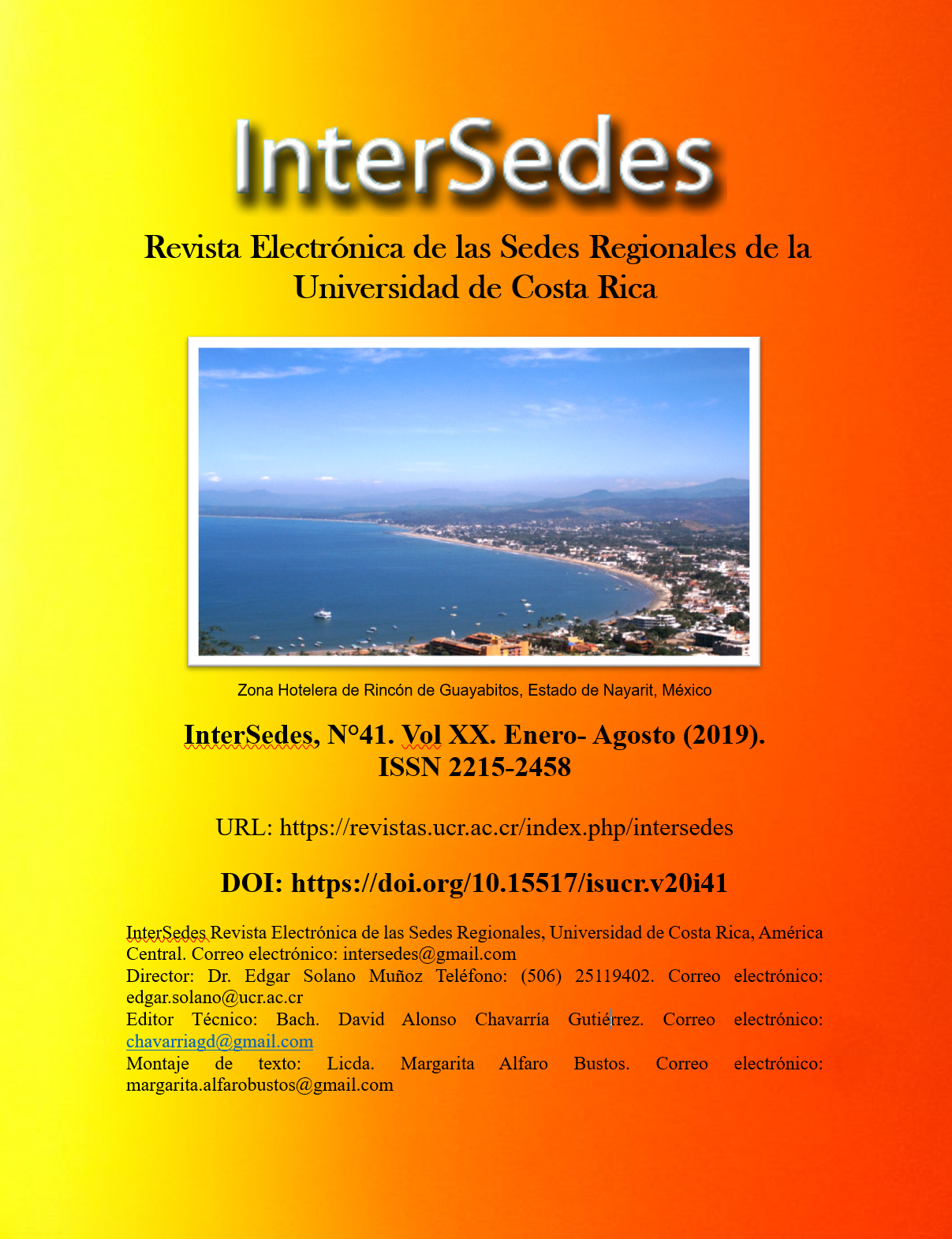Abstract
The Mayabeque province in Cuba was established by the administrative division of Havana, a decision applied vertically by the Cuban State. In the process of territorial division cultural phenomena were forgotten, such as its broad identity diversity and the anchorage to a territorial identity formed by centuries of regional memory and history. The objective of the investigation is to demonstrate the construction of the new territorial Mayabequense identity in the media discourse as a result of this division. Based on the theory of Bayart (1996) “the invention of tradition” the content analysis of the regional written press was carried out during the first year of the province's existence. The results show that the territorial identity was conceived as a kind of improvisation based on the remembrance and resignifying of local identities.


